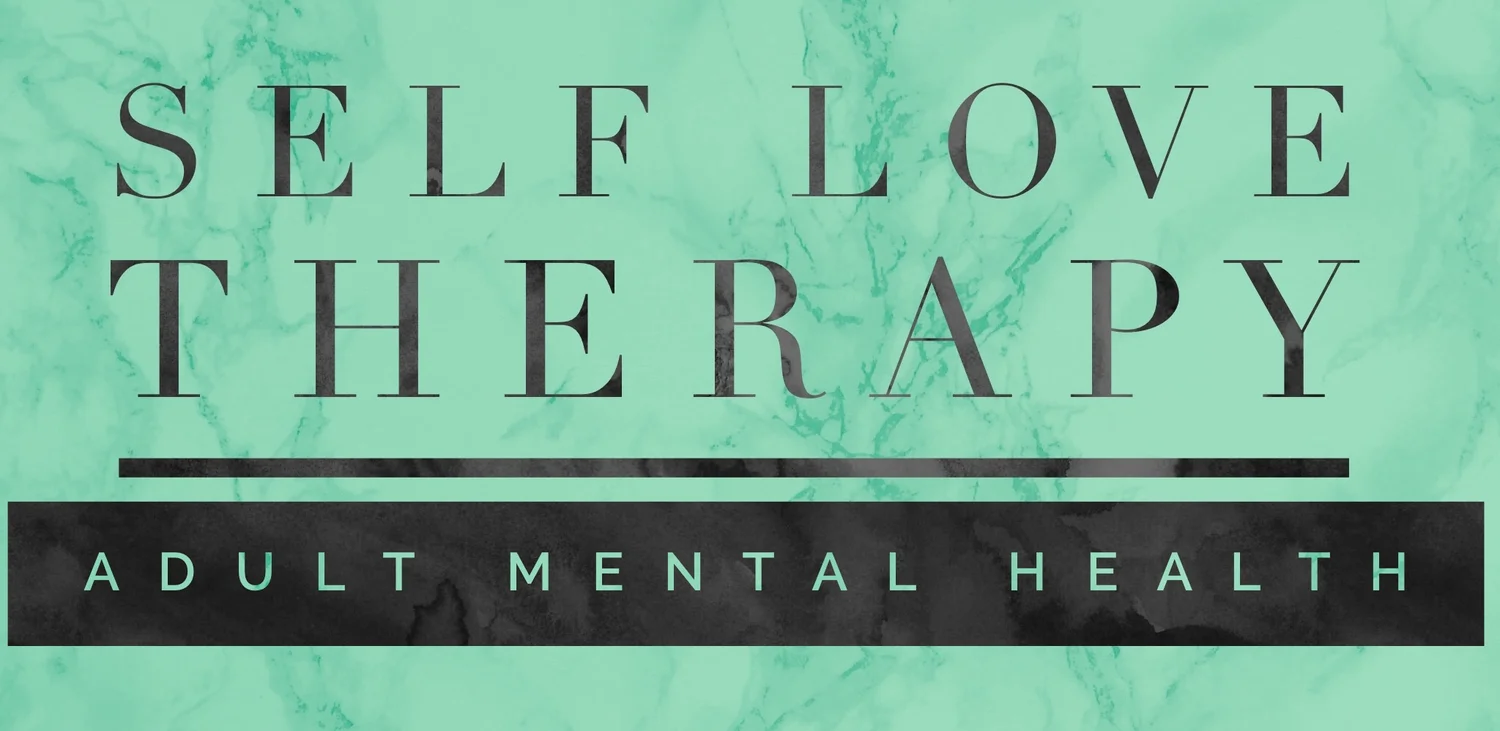Job or Executive Burnout
Job or executive burnout is a special type of work-related stress — a state of physical, emotional or mental exhaustion combined with doubts about your competence and the value of your work. This is an increasingly common problem in today’s fast-paced urban world.
Am I experiencing job burnout?
You might be experiencing burnout if you:
Feel pressured by your responsibilities
Have less patience with others than you used to
Feel like every day at work is a bad day
Feel exhausted much of the time
Feel angry about corporate politics
No longer find joy or interest in your work
Engage in escapist and addictive behaviors, such as excess drinking
Feel hopeless much of the time
Notice physical symptoms such as chest pain, shortness of breath, sleeplessness, or heart palpitations
If you think you might be experiencing job burnout, let’s take a closer look at the phenomenon.
Risk factors
You are more likely to experience job burnout if:
You identify so strongly with work that you lack a reasonable life-work balance
You try to be everything to everyone
You work in a helping profession, such as health care, counseling or teaching
You feel you have little or no control over your work
Your job is dull or repetitive
The root of burnout
While each person’s situation is unique, I’d like to share several presenting complaints reported by clients who work (or used to work) in the corporate world:
“I feel I am lacking control at work.” An inability to influence decisions that affect your job — such as your assignments, workload or schedule — often contributes to burnout.
“At work, I often feel confused about what I am supposed to do.” If you're unclear about the degree of authority you have or what your supervisor or others expect from you, you're not likely to feel comfortable at work. Chronic lack of comfort contributes to burnout.
“I feel weak and fed up with corporate politics.” Perhaps you work with an office bully, or you feel undermined by colleagues or your boss micromanages your work. This can lead to job stress.
“I clearly see how differences account for my job dissatisfaction.” If your values differ from the way your employer does business or handles complaints, the mismatch can eventually take a toll.
“I am not used for what I can do best in there.” If your job doesn't fit your interests and skills, it might become increasingly stressful over time.
“I am either too idle or too busy at work. It’s so frustrating!” When a job is monotonous or chaotic or both, you have to struggle constantly to remain focused — this can lead to fatigue and job burnout.
“I have no time for myself or friends.” If you feel isolated at work and in your personal life, you might feel more stressed.
“I don’t know what to put my finger on: work or home!” If your work takes up so much of your time and effort that you don't have the energy to spend time with your family and friends, you might burn out quickly.
What are the consequences of job burnout?
Ignored or unaddressed burnout can have major health consequences, including:
Heightened levels of the stress hormone cortisol in the brain’s vital executive centers
Fatigue
Insomnia
Irritability and conflict in one’s personal life
Withdrawal from and anger towards significant others
Lower frustration tolerance
Substance abuse
High cholesterol, obesity, type 2 diabetes, heart disease and other physical disease
I highlight these serious consequences in order to encourage you not to ignore your symptoms. Your life is precious, and you deserve to enjoy it. I strongly encourage you to consider treatment.
What will an effective treatment look like?
A first stop in treatment is to replace competition with compassion. A genuine and empathic therapy relationship has been shown to facilitate clients’ access to inner solutions for external problems or dilemmas. Together in our work, we will develop a collaborative relationship through which we objectively examine causes of burnout and then move towards remedies. We will make a plan to manage stressors and address underlying issues. Together we evaluate your options in creating possibilities that improve work-related conditions for you.
To reach that end, I will incorporate various therapeutic interventions designed to help you feel both energetic and relaxed. I will also offer specific feedback to help you adjust your attitude by employing more empowering styles of communication in relation to your coworkers, employers and subordinates. We will examine your interests, skills and passions and evaluate whether or not you should consider an alternative job that better reflect your core values. If you choose to stay at your job, we will find meaningful ways to raise its quality and lower its stress-inducing variables. I will teach you self-care strategies that tailored to your specific situation, both at home and at work. You will learn how to play, work and love in ways that are nourishing and sustainable.
I am familiar with the complex roles and competitive politics inherent in today’s demanding corporate environments. I enjoy working with executives and employees to restore their vigor and vitality so they can achieve professional aspirations. I also enjoy helping people find a work-life balance so that they can full enjoy their lives across multiple domains. I believe treatment can help you achieve your dreams while also caring for yourself.
Call me to schedule a consultation and begin your burnout recovery!


